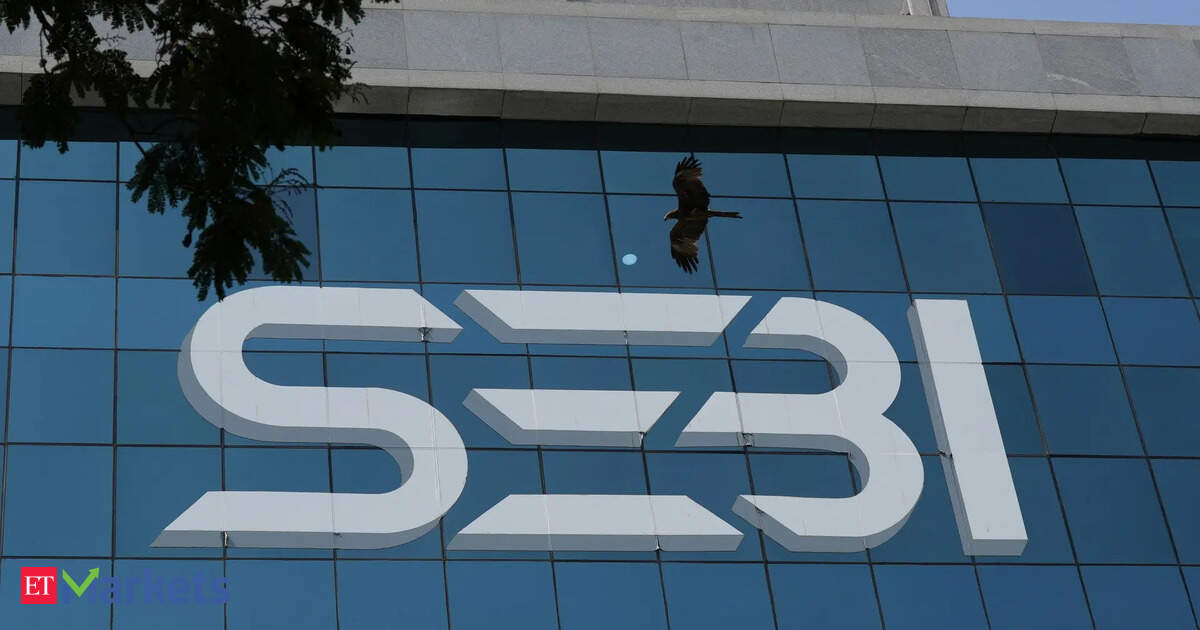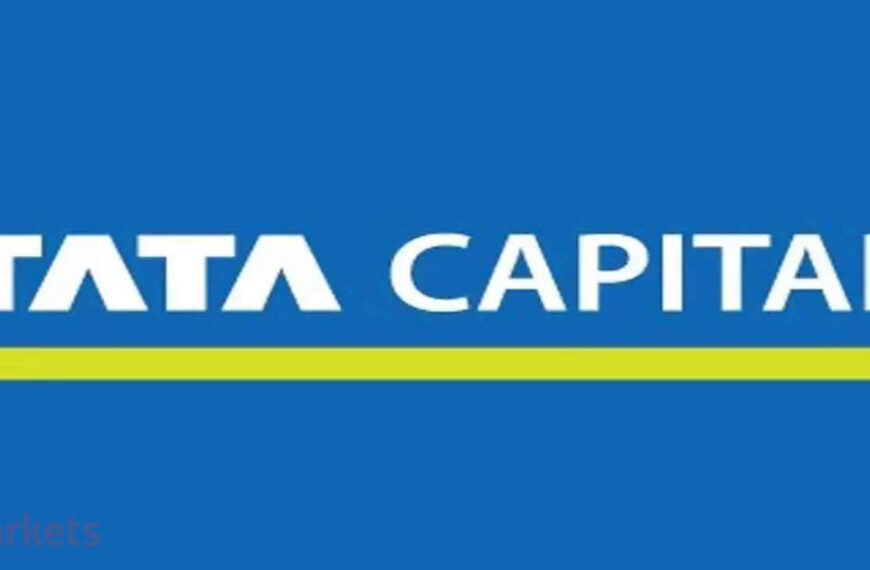This meeting also marked a strategic recalibration of SEBI’s regulatory posture. It demonstrated a commitment to reducing compliance friction while safeguarding core market integrity. In doing so, SEBI is responding to the evolving expectations of a maturing market, one that now hosts retail participation at scale, large institutional flows, digitised securities infrastructure, and increased cross-border alignment.
- Simplification of Institutional Fund Raising
SEBI also gave its green light to a streamlined disclosure regime for Qualified Institutions Placements. The lengthy and often duplicative disclosure requirements will give way to concise, issue-specific and material risk disclosures, leveraging publicly available data. Companies will no longer need to reproduce financials already present in the public domain, making capital-raising quicker and more efficient.When new-age tech companies decide to go public, they reach a point where they can no longer use the ESOP (Employee Stock Option Plan) benefits available to startup promoters. At the same time, the founders are usually classified as ‘promoters’ in the draft prospectus (DRHP) because of their combined shareholding. Once identified as promoters, and given the rules that apply to listed companies under SEBI’s ESOP regulations, they are no longer allowed to receive ESOPs—regardless of whether the company is still considered a startup.
This has been a long-standing problem, and many industry bodies, including FICCI, have given representation to the regulator to address this concern. Resultantly, SEBI in the floated consultation paper of March 2025 sought to clarify the treatment of Employee Stock Ownership Plans granted to founders.
As per this recent progressive decision, the startup founders classified as promoters can now continue to hold and/or exercise share-based benefits, such as ESOPs, even after the company lists, provided these benefits were received at least one year prior to filing the DRHP.
- Freedom to Merchant Bankers
After previously proposing that merchant bankers separate their non-regulated activities into a different legal entity, SEBI has eased its stand. Merchant bankers can now conduct regulated as well as certain non-regulated, fee-based financial services within the same entity — provided they comply with their respective financial sector regulators’ guidelines and SEBI-prescribed conditions. This was in direct response to feedback from key industry bodies like FICCI, which warned of unnecessary cost and complexity.
- Welcome to Indian Markets
In a move intended to enhance flexibility for companies considering reverse flipping and improve investor participation, SEBI approved amendments to its ICDR Regulations. Following a consultation paper of March 2025, SEBI relaxed the one-year minimum holding period requirement for equity shares arising from the conversion of fully paid-up compulsorily convertible securities acquired under approved schemes. Investors can now offer these shares in a public issue, harmonising these provisions with the existing minimum promoters’ contribution requirements.
Key Message:
“Ease of Doing Business is not a dilution — it is a deliberate design. But it must be paired with credible safeguards, professional discipline, and investor-first thinking.”
With reforms addressing Alternative Investment Funds, Real Estate and Infrastructure Investment Trusts (REITs/InvITs), Merchant Bankers, Debenture Trustees, and more, SEBI is laying down a unified, consistent, and future-compatible regulatory foundation.
That said, there is scope to do more. The regulator could further simplify the capital-market instruments — for example, by allowing a fast-track conversion process for Private InvITs to list as Public InvITs. Steps like these will make the Indian capital markets even more accessible, liquid, and investor-friendly.



















